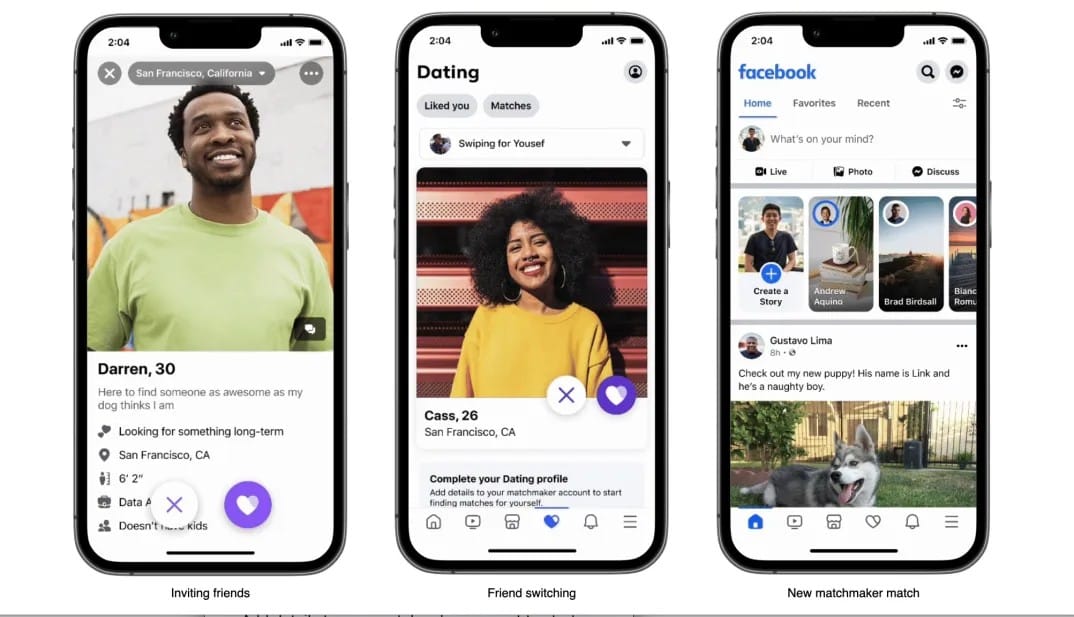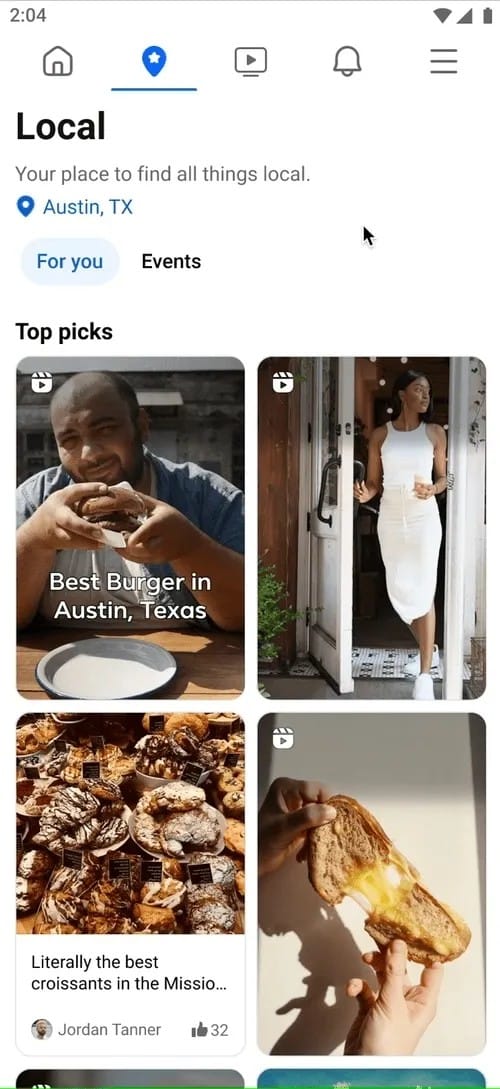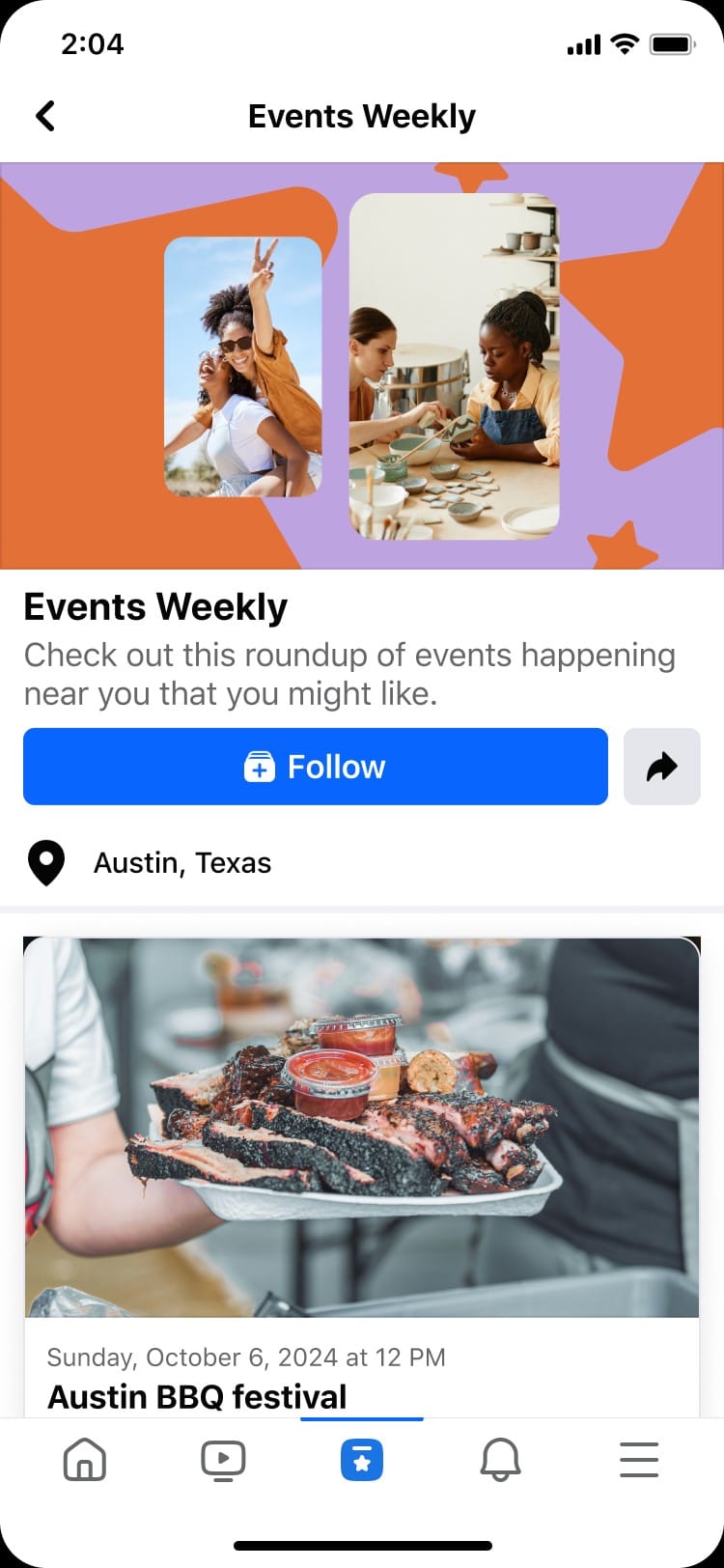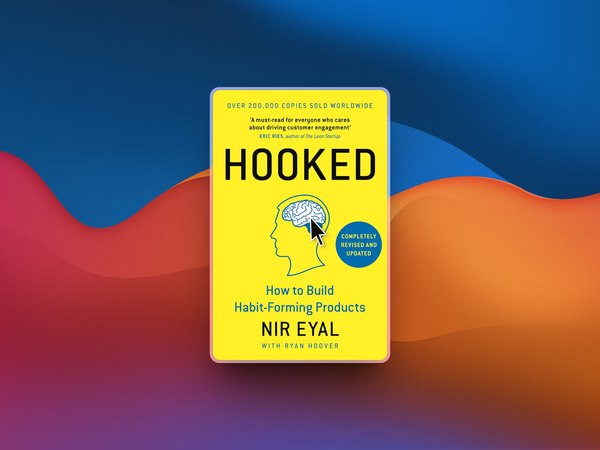Mark Zuckerberg is going through some visible changes right now.
From his latest public appearances, you'd think he's been cosplaying as a Gen Z tech bro, trading his iconic gray t-shirts for trendy sneakers and tees that scream "relatable."
But his wardrobe update isn’t the only thing getting a refresh.
Facebook's recent redesign is a clear attempt to reverse its aging user base and capture the attention of Gen Z.

Meta recognises that platforms like TikTok and Instagram have captivated younger audiences, leaving Facebook behind.
The new changes focus heavily on entertainment, videos, and local community engagement, areas where TikTok and other apps dominate. Facebook's challenge is evident.
In the U.S., teen usage dropped from 71% in 2014 to just 33% in 2023.
While this signals a steep decline, Meta sees a glimmer of hope among young adults, particularly in their use of Facebook Groups and Marketplace.
By highlighting these features, Meta hopes to attract more young users who are interested in practical functionalities over socialising. The new "Local" tab is a significant move in this strategy.

By consolidating content from Marketplace, Groups, and local events, Facebook aims to become a hub for community engagement.
This is a smart play for young adults who seek community-based resources, whether for thrift shopping or staying informed about local events.

However, it also feels like a reactionary move rather than a bold, innovative leap. Facebook’s design pivot toward community and local engagement is a recognition of its current strength.
But it’s also an admission that its days as a purely social network are over.
While this redesign may retain older users and attract some 20-somethings, the question remains whether it can truly recapture the teen audience or continue losing ground to more dynamic competitors. Overall, Facebook’s strategy reflects its struggle to stay relevant in a social media landscape that changes on a monthly basis.
But whether it can actually reverse its decline among younger users remains to be seen.











